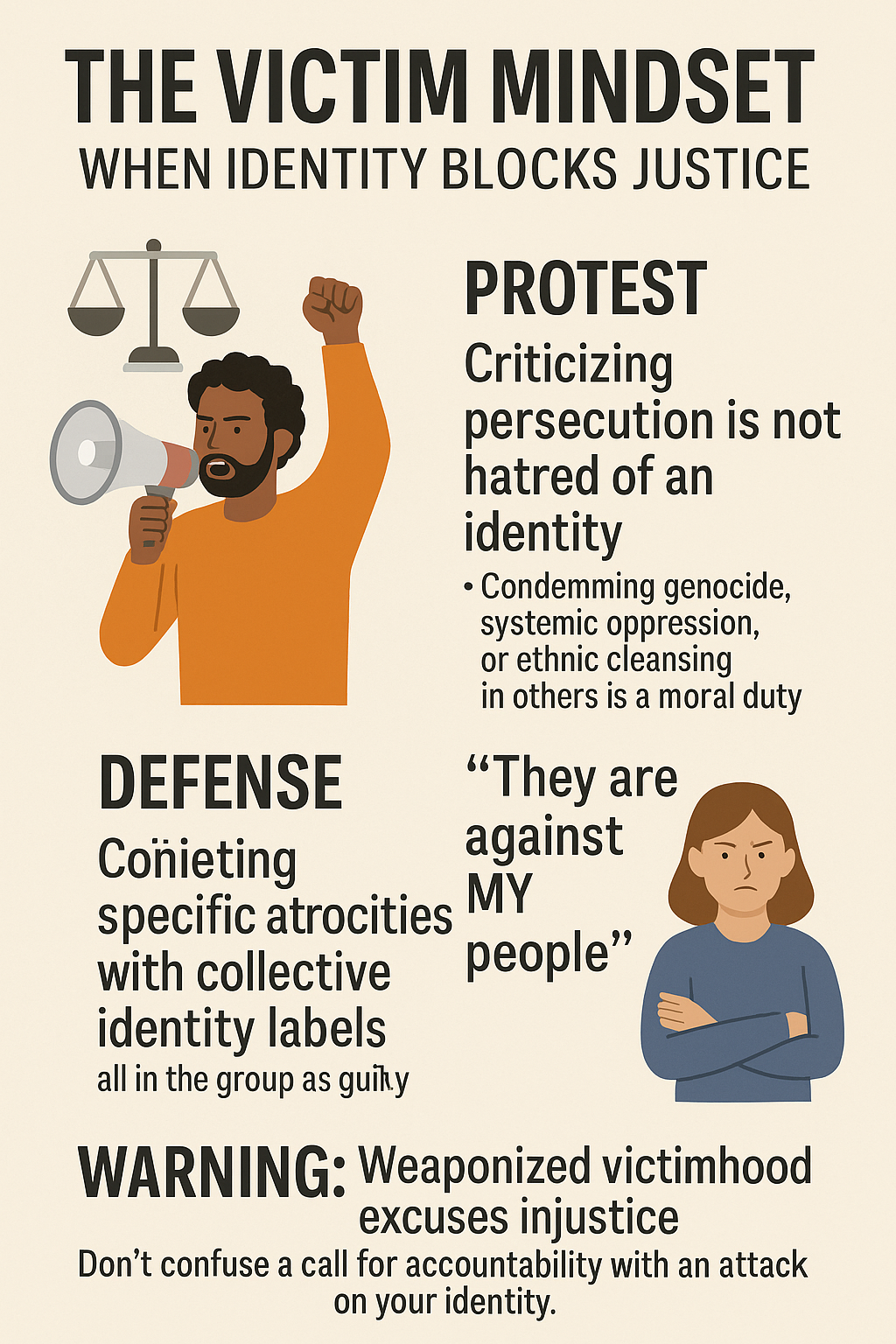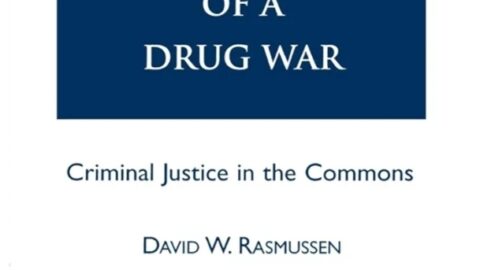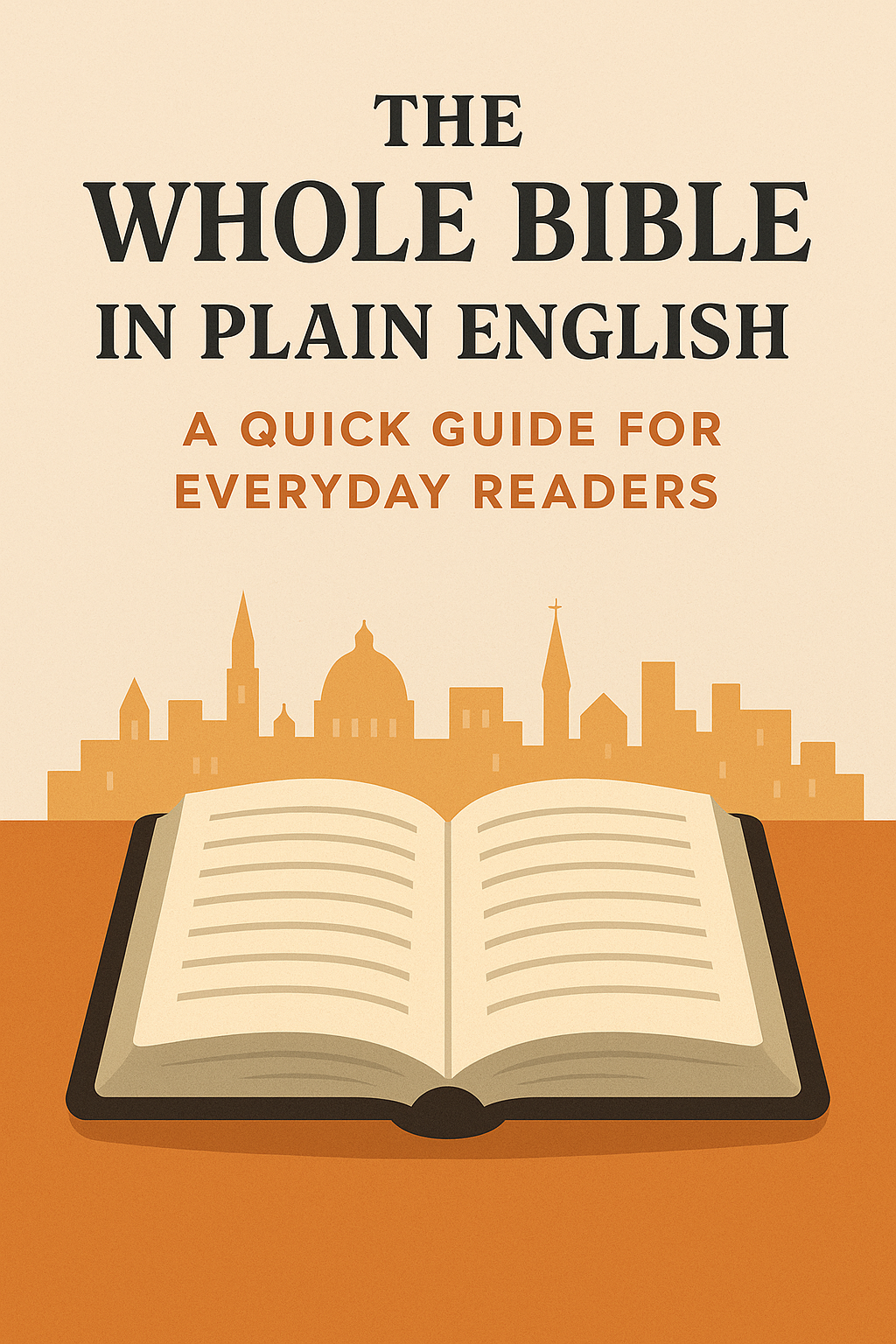I. Introduction: The Collision of Identity, Criticism, and Conscience
In times of war and moral controversy, it becomes increasingly difficult to separate ethnic identity from political ideology, or to critique state actions without offending deeply held affiliations. A recent message by a self-identified Jewish speaker challenges this conflation, offering a powerful breakdown of the moral confusion, defensive conditioning, and identity entanglement that leads to mislabeling legitimate protest as hatred.
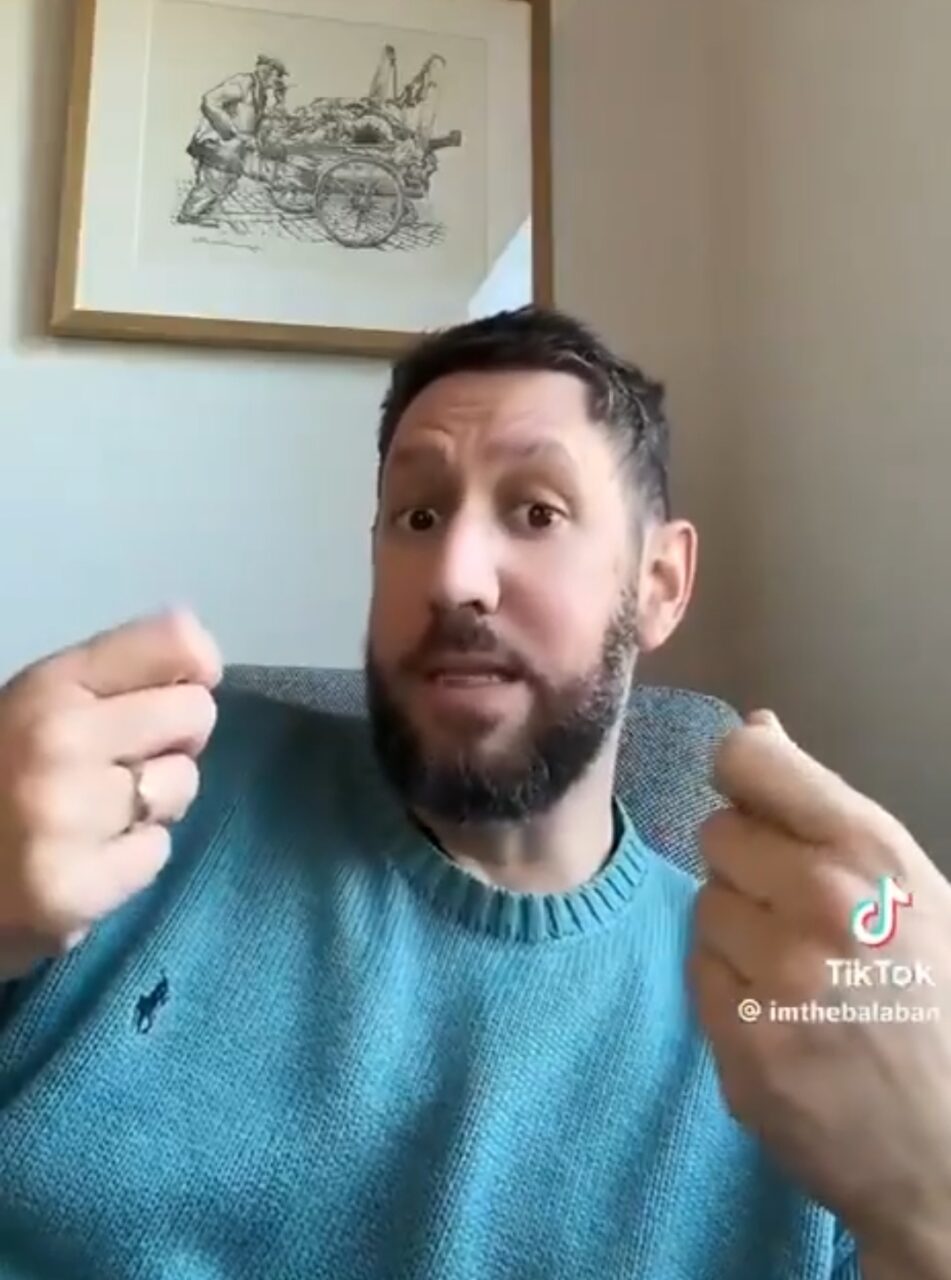
https://t.me/businessoftruth/61338
This article unpacks the major claims in that message, with a focus on:
- The dangers of equating Israel with Judaism,
- The weaponization of victimhood across all ideologies,
- And why confronting injustice requires ethical clarity, not tribal allegiance.
II. Key Point 1: Protest Against Genocide Is Not Anti-Semitism
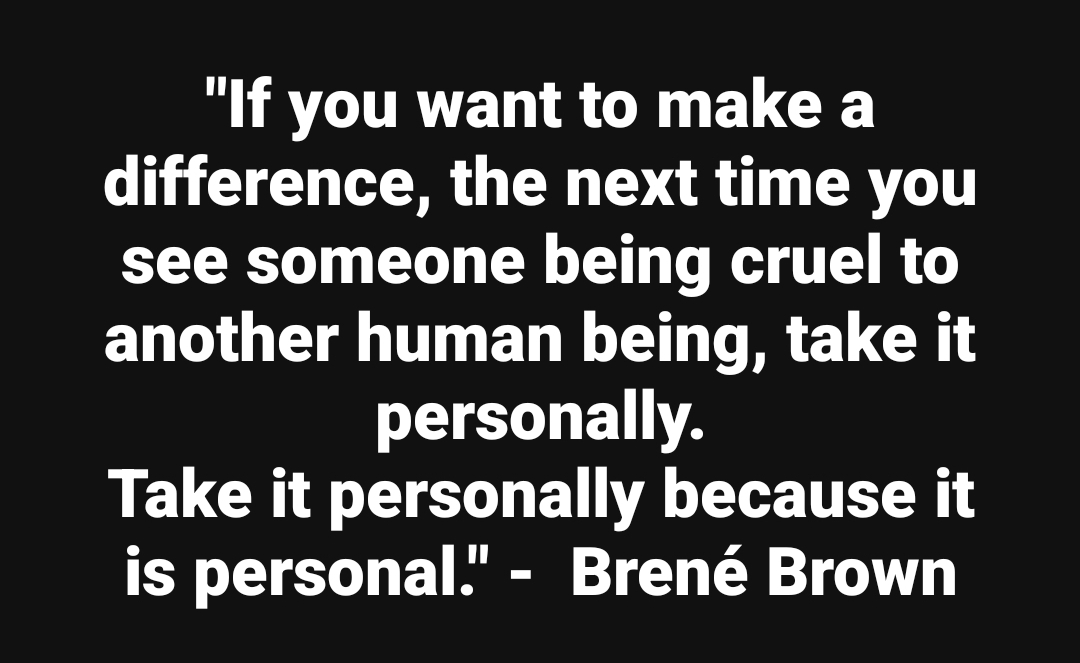
The speaker notes:
“Those people were chanting, ‘Don’t be silent. Don’t be weak. For Gaza’s future, we must speak.’ And for some reason, you take that as an affront to your Judaism.”
This highlights a crucial distinction:
- Being Jewish is not synonymous with supporting the state of Israel’s political or military actions.
- Criticism of policies—especially regarding genocide, ethnic cleansing, or systemic starvation—must be measured by moral truth, not identity discomfort.
When individuals equate protest against suffering with anti-Semitism simply because the suffering is associated with Israeli policy, they reinforce a dangerous narrative—one that blurs religion with regime, and spiritual identity with state action.
III. Key Point 2: The Anti-Semitic Trap in Zionist Deflection
“You think they’re against being Jewish… what you have done is tell the world that Jewish people are inherently genocidal.”
Here, the speaker flips the accusation:
- If any criticism of Israel is equated with hatred of Jews, then what you’re really saying is that Israel’s political and military actions are representative of all Jews, everywhere.
- This invites collective blame, which is the very definition of anti-Semitism.
In trying to shield Jewish identity from criticism, this kind of defense actually exposes Jews globally to backlash, by falsely declaring their universal complicity.
IV. Key Point 3: The Victim Mindset as Moral Distraction
“You don’t see the people that are victims of genocide, ethnic cleansing, and starvation as the victims. You view yourself as the victim because you had to hear people protest their genocide.”
This is perhaps the most stinging indictment—not just of a political perspective, but of a psychological pattern seen across ideologies, races, and religions: the weaponization of victimhood to avoid accountability.
The victim mindset:
- Centers the self in every conflict,
- Interprets moral confrontation as personal attack,
- Avoids self-reflection by projecting guilt onto others.
It is a defense mechanism—but one that prevents growth, confession, and ethical clarity.
V. The Need to Differentiate: Jews, Zionists, Israelis, and the State of Israel
To discuss these issues intelligently, distinctions are essential:
- Jew: A religious and cultural identity, not inherently political.
- Zionist: A supporter of the political movement advocating for a Jewish homeland, often equated with support for Israeli statehood.
- Israeli: A citizen of Israel, who may or may not be Jewish or Zionist.
- The State of Israel: A sovereign nation, whose actions (like any government’s) are morally accountable and subject to criticism.
Conflating these categories invites confusion and incites hatred. Separating them is not anti-Semitic—it’s intellectually honest.
VI. Victimhood vs. Responsibility: A Universal Warning
The speaker’s challenge applies beyond Zionism or Judaism—it applies to any group that fuses identity with moral infallibility:
- Leftists refusing accountability for cultural overreach by invoking historical oppression.
- Religious people justifying cruelty in the name of tradition.
No identity is immune to corruption. No suffering excuses silence in the face of others’ pain.
VII. Closing Point: Love Requires Moral Maturity
“I love Jewish people, and that’s why it pains me to see such anti-intellectualism and embarrassing victim mentality.”
True love doesn’t shield from truth—it leads into it.
- It weeps with the suffering—no matter who they are.
- It calls out hypocrisy, even when it’s close to home.
- It refuses to weaponize past trauma to justify present injustice.
Mature identity is not fragile—it’s capable of facing the truth, repenting of error, commitment bias, and choosing justice over pride.
Conclusion: The Courage to Be More Than a Label
It is not anti-Semitic to speak against injustice.
It is not betrayal to question your own side.
It is not weakness to weep for the enemy’s children.
It is human, it is moral, and it is necessary.
And in an age where identity is too often used as a shield against accountability, the greatest act of courage may be this:
To lay down the need to be right in order to be just.

